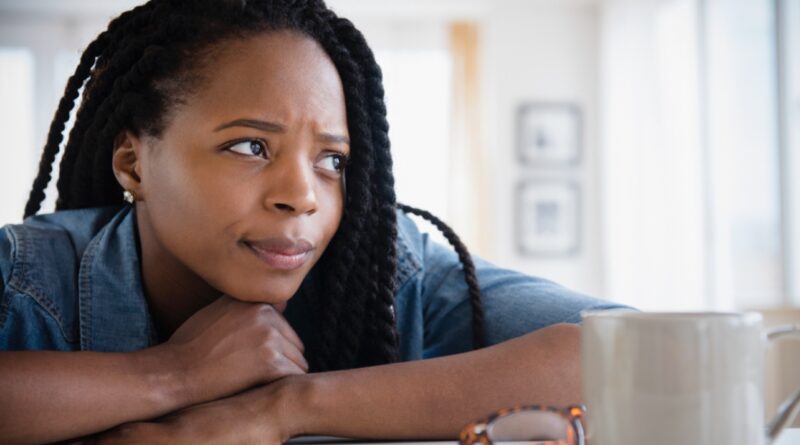Black Women Are Concerned As 2024 Elections Approach
by Stacy Jackson
March 19, 2024
Inflation, the escalating cost of living, and affordable housing are the main concerns of Black women ahead of the 2024 elections.
A new poll released by the Black women’s political organization Higher Heights sheds light on the paramount concerns of Black women voters as the 2024 elections draw closer.
The data reveals that Black women’s top priorities span a wide array of issues. Inflation, the escalating cost of living, and affordable housing take precedence, according to a press release contributed to the Amsterdam News. “These critical issues impact Black women’s everyday lives. Black women want economically thriving, education-rich, healthy, and safe communities,” stated Glynda C. Carr, president and CEO of Higher Heights Leadership Fund.
Black women voters are most personally vexed by economic matters afflicting their families and communities. Even as public safety and gun violence emerge as overarching societal concerns, racial profiling by law enforcement persists as a prominent non-economic issue.
Earlier this year, the Biden-Harris administration addressed Black voters in South Carolina, according to BLACK ENTERPRISE. The pair brought attention to topics including the record low rate of Black unemployment, investments in historically Black colleges and universities, and student debt initiatives, and addressed the attack on DEI.
Other key findings in the poll reflected concerns around the abortion discourse, which continues to galvanize and mobilize Black women voters. More than 40% stated their inclination to support candidates who champion “reproductive freedom,” surpassing the 35% for whom it would not have an effect.
Furthermore, concerns about a generational rift among Black women project an impact on their political engagement, specifically as polled voters aged 18-49 exhibited diminished trust in institutions, media, and news sources overall. BLACK ENTERPRISE noted a recent disinformation campaign that digitally manipulated images in an attempt to get Black voters to vote for Donald Trump, for example.
While Black women voters firmly comprehend the significance of their ballot, there exists a tangible unease concerning the nation’s trajectory and the upcoming elections. The poll showed that over three-quarters (76%) of Black women voters believe in the power of their vote, yet 29% sense their electoral clout diminishing as election season draws nearer. Despite acknowledging the burgeoning presence of Black elected officials, a sentiment of underrepresentation lingers among Black women voters. While 58% believe they lack adequate political representation, most remain hopeful about the influence they have to catalyze change within their communities.
Carr asserted that such issues should be the “focus of Congress, our elected leaders, and candidates” who are competing for the votes with only eight months left until the November elections.
RELATED CONTENT: Try Again! Rudy Giuliani Loses Defamation Suit Against 2 Black Georgia Election Workers

